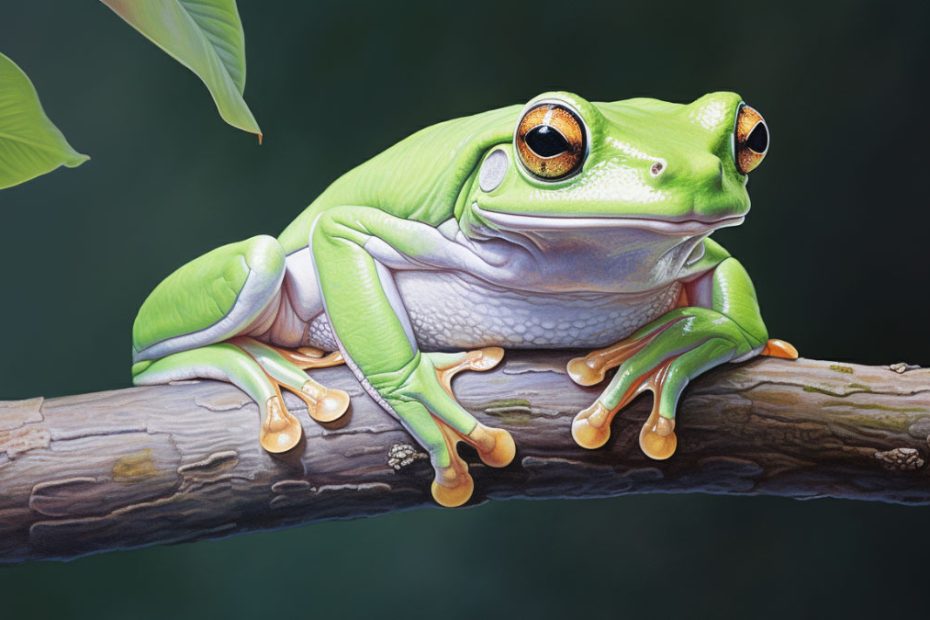Among all the vertebrates, frogs are the most unique and highly beneficial for the ecosystem. But did you know there is a national Frog Day out there? So, when is National Frog Day?
21st of October is American National Frog Day this year. The purpose of this day is to gather frog enthusiasts to share knowledge and support frog conservation efforts. It’s also a fundraising event for the protection of endangered species.
Let’s dive in and discover the history and origin of National Frog Day. We’ll also share some bright ideas to celebrate the day with your family and friends. Read on!
When Is National Frog Day Celebrated? – A Brief History
As there’s no specific individual or organization to host the National Frog Day, the celebration depends on the sponsor. The host or sponsors decide the date and venue. In 2023, October 21st was announced as American or National Frog Day.
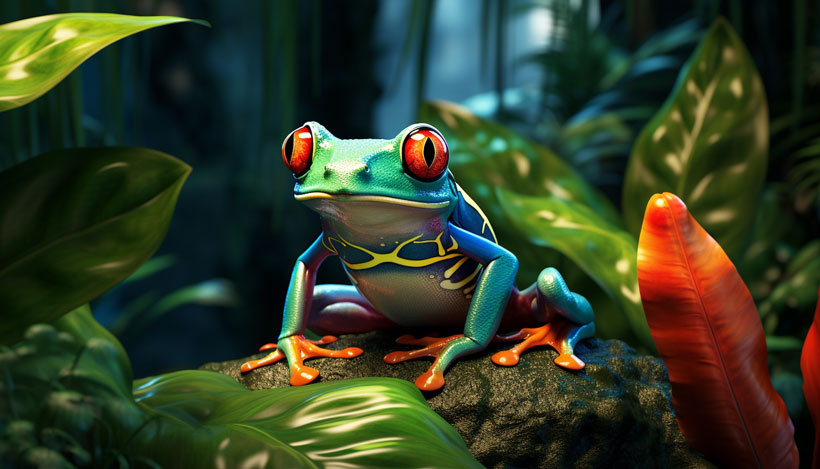
However, due to some unforeseen circumstances, the event has been canceled for this year. Here’s a quick rundown of the history and origin of National Frog Day:
Origin of the Day
It all started with Charles ‘Chuck’ Powell, a hobbyist breeder of Dendrobatid frogs, commonly known as poison dart frogs. American or National Frog Day was created in 1995 by Powell and his family in San Jose, California.
They wanted to create an event where people could come together to learn more about these fascinating creatures and share their passion for them.
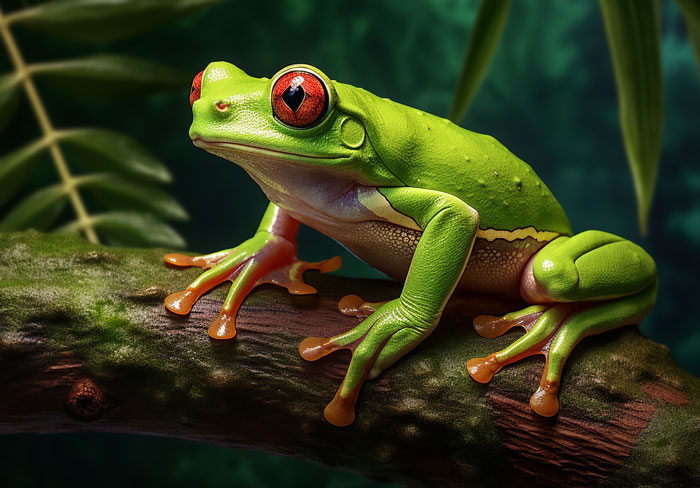
Since it was a family-based occasion, The first National Frog Day was a small event. Yet, the Powell family continued to host the event for a decade, and it was getting more recognition from frog lovers.
A New Host
Within a few years, the event had become a significant gathering for hobbyists, conservations, and scientists from all over the country. As a result, the focus also expanded from poisonous dart frogs to all endangered amphibians.
In 2006, Powell decided to open up American or National Frog Day to anyone who wanted to host it. Hence, the 12th National Frog Day was hosted in Mesa, Arizona, by Arizona Dendrobate Ranch. Today, the event is celebrated on different dates at different locations throughout the country.
Incorporation of Frog Experts and Enthusiasts
Since National Frog Day is widely celebrated every year, many leading amphibian experts and frog breeders like Dr. Kevin Wright joined the event. During the event, frog researchers present their views on the importance of frog conservation and how to care for captive frogs.
Also, registered frog owners can watch and display their pet frogs in a vivarium. While visiting the venue, frog enthusiasts can purchase their own pet frogs and the necessary supplies from the temporary stalls.
Significance of the National Frog Day
From educating about the frogs to protecting their natural habitat, National Frog Day is significant in many ways. Here’s why the day is important and its notable purposes:
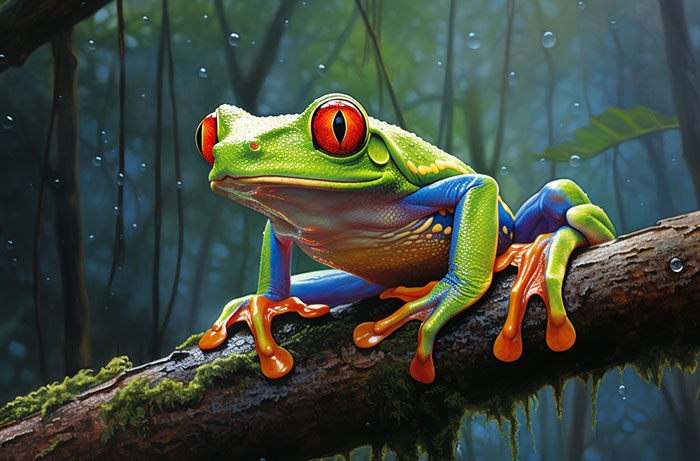
Acknowledging the Existence of Frogs
According to the American Museum of Natural History, frogs are one of the earliest species on earth, roaming for more than 200 million years.
There are 7,646 known species of frogs found in the wild and captivity. So, it’s about time we pay attention to them and dedicate a special day to acknowledge their importance.
Educating About the Importance of Frogs
Unfortunately, most people don’t know about the importance of frogs in our ecosystem and economy. When it comes to the food chain, frogs are an integrated part both as prey and predators. They feed on insects, which include harmful pests.
Hence, frogs help to protect crops and valuable plants. As they feed on flies and mosquitoes, the presence of frogs is also beneficial to human health. Apart from that, some species of poisonous dart frogs are great research materials.
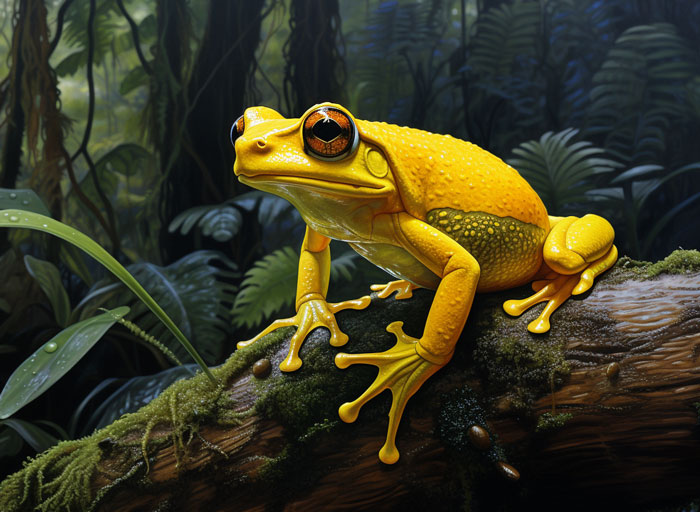
These frogs produce some valuable substances with potential medical benefits, including painkillers, antivenom, and antibiotics. So, celebrating their special day is a great way to educate ourselves about the significance of these amphibians.
Learning About Frog Extinction
Among thousands of frog species, some have gone extinct, while many more are critically endangered. According to some sources, about one-third of all amphibians (including frogs, toads, and salamanders) are extinct or threatened.
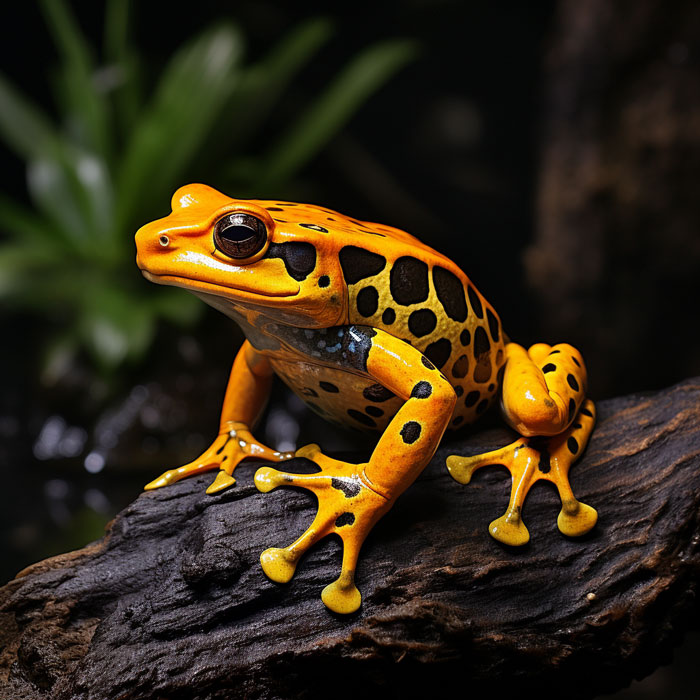
What’s more, yet another 42% of amphibian species are declining. Habitat loss, pollution, climate change, disease, etc., are the reasons why so many frog species are disappearing. As many of these issues are man-made, one way to protect frogs from extinction is to learn about them.
Highlighting the Conservation Efforts
Thankfully, many national and international organizations have made notable conservation efforts to save frogs.
For example, the World Wide Fund for Nature (WWF), the Amphibian Survival Alliance (ASA), and the SAVE THE FROGS, etc., are working to restore frog habitats and create mass awareness.
They also support research and conservation projects that will benefit amphibians. Yet, due to the lack of awareness, these efforts are often ignored by the common people.
Hence, by celebrating National Frog Day, we can highlight these organizations, help them to grow, and increase awareness.
How Do You Celebrate National Frog Day?
Celebrating National Frog Day is an excellent chance to appreciate these amphibians. There are many ways you can contribute to making this day more meaningful and effective. Here’s how you can join the celebration:
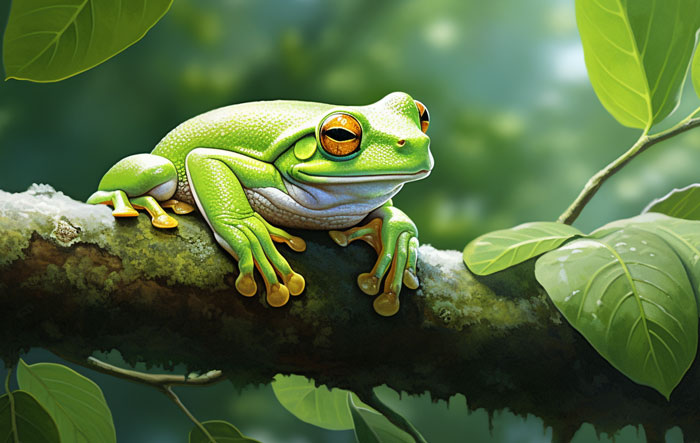
Educate Yourself About Frogs
The best thing to do on Frog Day is to get educated about these striking predators. You can educate yourself and the people around you about the habitat, behavior, care, and importance of frogs.
For this, read books or visit a local museum to practically learn about frogs. You can also watch documentaries online or join frog-related groups on social media.
Visit the Event
To actively join the occasion and celebrate National Frog Day, buy tickets to visit the event with your friends and family. You can meet fellow frog lovers and share your knowledge about the amphibians.
Another great way to support the day is to promote it via flyers or banners. You can also become a speaker and choose an insightful topic to raise awareness about frog conservation and breeding.
Go Frog Watching
Closely observing frogs is not only a great pleasure but also a way to get to know them better. If you can visit frogs in their natural habitat, go on a frog-watching hike. Frogs are usually found in tropical forests, near ponds and streams.
For a better view, take your binoculars and a camera to watch and document frog activities. You can also visit your local zoos and aquariums that have frog exhibits.
Get a Pet Frog
Want to help frogs and make Frog Day memorable? Get a pet frog! As frogs need little care and maintenance, they make excellent pets, especially for kids. They don’t need much attention and prefer to live alone.
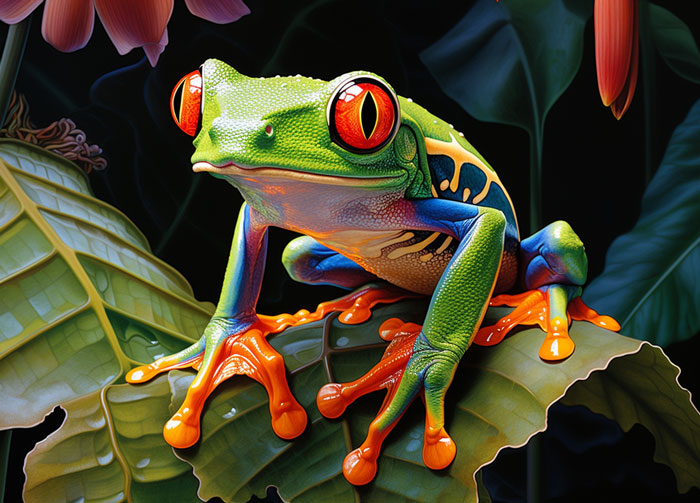
Raising a pet frog, nurturing it, and helping it make a family is a great way to conserve the species. However, make sure you learn about the needs and food habits of the frog to ensure its well-being.
Donate to a Frog Conservation Organization
If you can’t actively work to protect frogs, consider donating to frog conservation organizations. In fact, National Frog Day is now more of a fundraiser event and you can support it just by buying the tickets.
Also, some organizations offer opportunities to contribute to frog research. You can volunteer for such organizations by recording frog calls or monitoring local populations. This way, you can participate in protecting frogs and their habitats.
While National Frog Day gives us an opportunity to appreciate these unique amphibians, there’s so much more to learn about them. For example, have you ever wondered why frogs produce so many eggs? This reproductive strategy has evolved over millennia to ensure the survival of their species. Additionally, the ability of some frogs to regrow limbs is nothing short of fascinating. Dive into these topics to further expand your knowledge on these incredible creatures.FAQs
Now, let’s take a quick look at the common queries responsible frog hobbyists often have.
Yes, you can sign up to sponsor National Frog Day if it’s not only sponsored by someone else. If you want to hire a venue to commemorate National Frog Day, contact Jeremy Mott, who is now in charge of organizing the event and running the related website and social media platforms.
In the United States, April is celebrated as the National Frog Month. This is the month when frogs come out of their hibernation and become active again.
Hence, you can hear their loud noises and nightly chorus. The purpose of National Frog Month is to celebrate all these fun things and increase awareness about frogs.
Apart from National Frog Day, three other days are related to frogs, including World Frog Day, Save the Frogs Day, and National Frog Jumping Day. Each year, March 20 is celebrated as World Frog Day. While the Frog Jumping Day is celebrated on May 13, Save the Frogs Day is on April 28.
Final Words
In our detailed guide, we’ve explored ‘When is National Frog Day?‘ As discussed, anyone can sign up to host National Frog Day by selecting a venue and organizing an event for frog enthusiasts.
The event is marked by the display of captive frogs, stalls for frog-related accessories, and insightful lectures by frog experts. By celebrating the day, we raise awareness about the importance of frogs.
If you want to help the threatened frogs, you can support frog conservation efforts and educate the public. Involve with frog conservation programs to create awareness and save these amazing creatures from extinction.

Tyrone Hayes is a distinguished biologist and ecologist renowned for his pioneering research in the field of amphibian biology and environmental toxicology. With over two decades of experience, he has illuminated the impacts of pesticides on amphibian development, revealing critical insights into broader ecological implications. Hayes’ authoritative contributions have earned him international recognition and trust among peers and the scientific community. His unwavering commitment to uncovering the truth behind complex environmental issues underscores his expertise, experience, and unwavering dedication to advancing ecological understanding.
